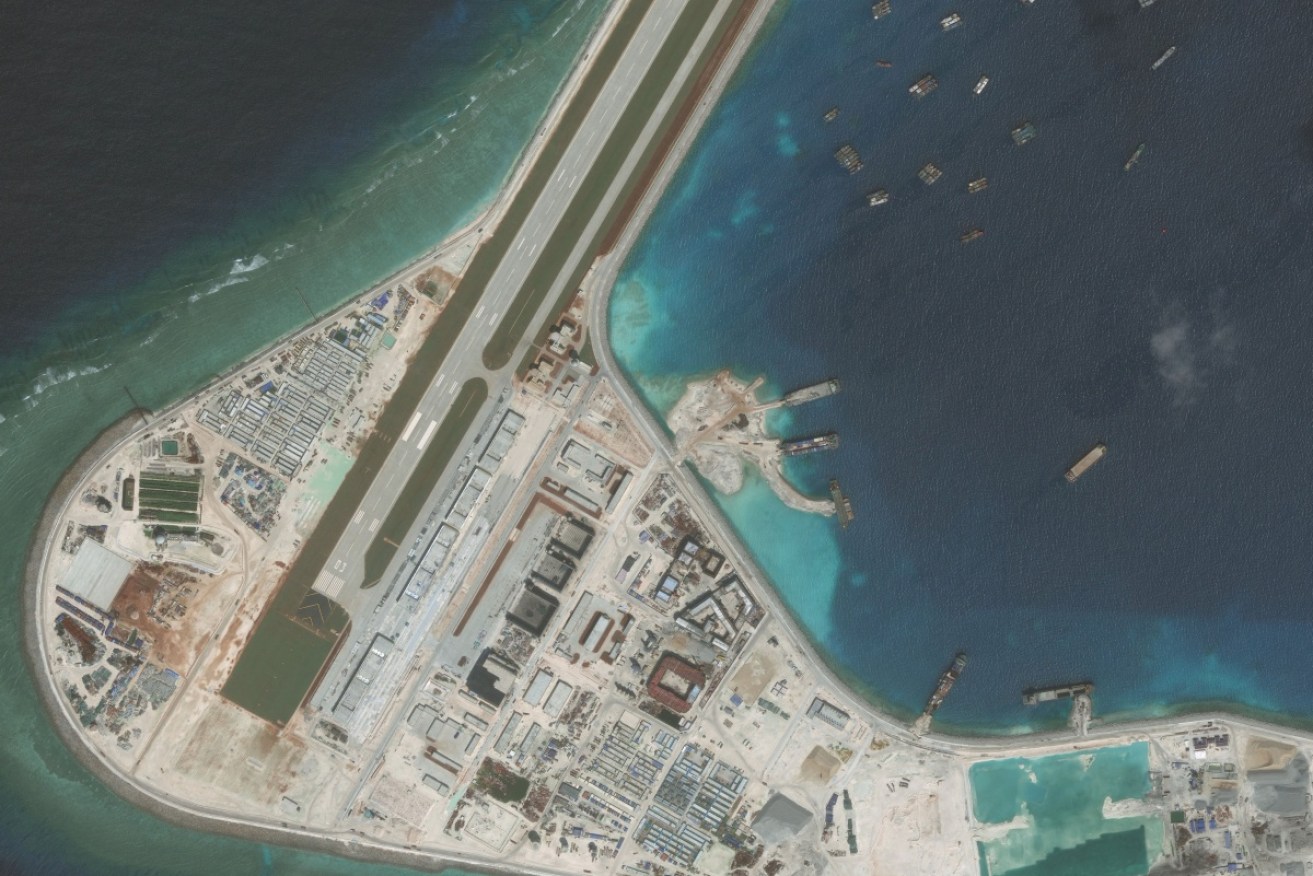The drone was taken on Thursday, the first seizure of its kind in recent memory, about 50 nautical miles northwest of Subic Bay off the Philippines just as the USNS Bowditch was about to retrieve the unmanned underwater vehicle (UUV), US officials said.
“The UUV was lawfully conducting a military survey in the waters of the South China Sea,” one official said, speaking on condition of anonymity.
“It’s a sovereign immune vessel, clearly marked in English not to be removed from the water – that it was U.S. property,” the official said.
The Pentagon confirmed the incident at a news briefing and said the drone used commercially available technology and sold for about $150,000.
Still, the Pentagon viewed China’s seizure seriously since it had effectively taken US military property.
“It is ours, and it is clearly marked as ours and we would like it back. And we would like this not to happen again,” Pentagon spokesman Jeff Davis said.












